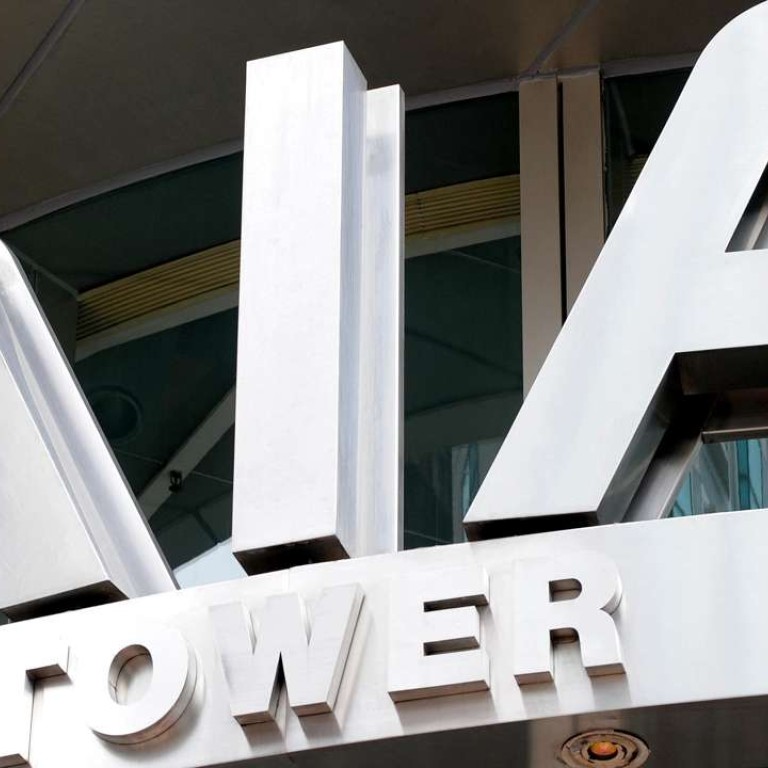
Yuan makes beeline for the exit into HK’s insurance policies
Mainlanders bought a third of life insurance policy premiums in Hong Kong in the first quarter, almost double the 2015 ratio
Chinese visitors poured their money into Hong Kong’s life insurance products at a faster pace in the first quarter, as the yuan’s devaluation value prompted them to make a beeline to convert their renminbi into hard currency to stem losses.
Mainland Chinese spent HK$13.2 billion on life insurance policies sold in Hong Kong in the first three months, 34.3 per cent of the total spent, according to the city government’s data.
That’s a larger share of the market compared with the first quarter of 2015, when Chinese life policy holders made up 18.7 per cent of Hong Kong’s total. As recently as 2009, mainlanders made up 6 per cent of the total insurance premium sold in Hong Kong.
The yuan’s 7.4 per cent loss in value in the past year has pushed many Chinese to seek assets denominated in US dollars or Hong Kong dollars, including life insurance policies.
“By putting their money into Hong Kong life insurance policies, they get the protection while at the same time they could get the compensation” in hard currencies, said Chan Kin-por, chairman of the Hong Kong Legislative Council’s Finance Committee, a lawmaker who represents the city’s insurance industry.
Mainlanders like to buy insurance policies as a way to hedge their currency risks
Hong Kong-based insurance agents are barred from venturing north to sell policies in the mainland. Still, advertisements are shared and circulated via social media as well as word of mouth on the mainland, prompting many Chinese to use their Hong Kong visits to shop for insurance.
Mainland customers have been increasingly seeking ways to get their money out of China into hard currencies, a trend that is likely to remain active, said Ernst & Young’s partner Keith Pogson.
“Mainlanders like to buy insurance policies as a way to hedge their currency risks,” said Swiss Re’s head of property and casualty reinsurance products David Alexander. The Chinese currency may weaken further, he said.
To close the loophole and curb capital flight, China’s currency regulator moved to cap the amount of money that citizens could spend on insurance. In February, China UnionPay, the country’s sole domestic interbank payments network, set a US$5,000 limit on purchases of offshore insurance policies.
There’s also a dearth of insurance products in China, which makes Hong Kong’s variety of policies including life products, pension plans and investment-linked policies more attractive to mainlanders, said Capital Link International’s chief executive Brett McGonegal.
“Insurance products have also been affected by the devaluation of yuan over the past one year. Many mainland investors have taken advantage of insurance products which are linked to annuities and bond and equity funds issued in Hong Kong dollar,” he said.

